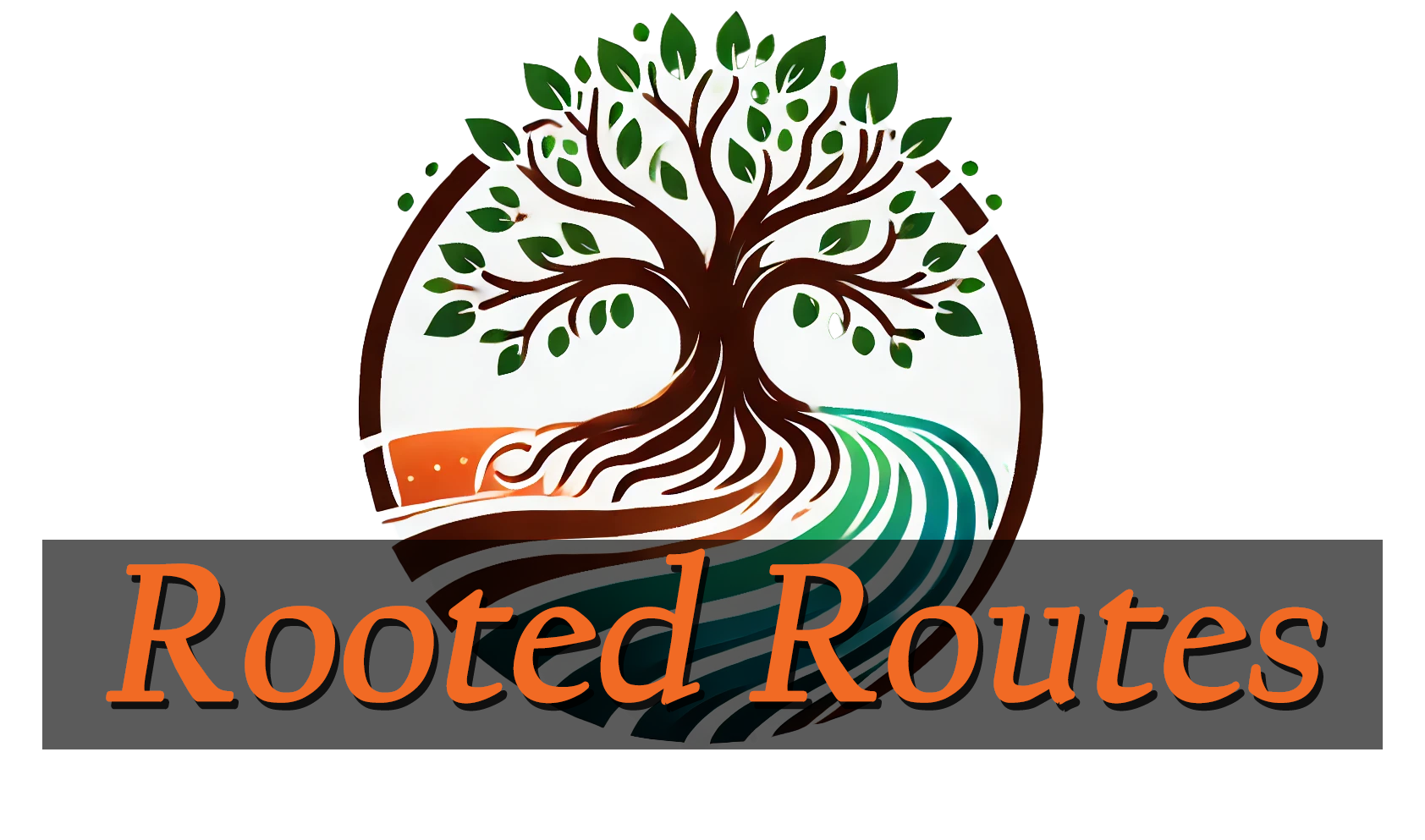In my last post, I talked about empathy and about creating spaces where locals and immigrants can have honest conversations. But let’s be real; there are times when understanding just doesn’t work; it is just not enough. Some cultural differences are so deeply rooted, so fundamentally opposite, that finding common ground feels impossible.
Take the practice of female circumcision, also known as female genital mutilation (FGM). Yes, it’s been condemned globally as a human rights violation, but it still exists in parts of Africa and the Middle East. Imagine an immigrant community bringing this practice into a society where it’s banned and seen as profoundly harmful. And when harm comes into the picture, understanding alone can’t be the answer. It becomes not just a cultural difference… it’s a legal and moral crisis.
Another example is child marriage, a practice that has caused global concern for decades. Then there’s polygamy or even parenting styles that clash with the norms and values of a host country. Practices like these aren’t just viewed as “different”; they’re seen as abusive and violating basic human rights. No matter how empathetic we try to be, some traditions or practices simply cannot coexist with the values and laws of the host society.
And it’s not a one-sided issue. Flip the coin: in many African countries, same-sex marriages are criminalized and widely condemned as going against cultural norms. This shows that cultural clashes can go both ways; what feels normal in one society can seem unimaginable in another.
We know these aren’t just abstract concepts. They’re real challenges faced by communities trying to coexist. And they highlight a hard truth… there are times when understanding alone reaches its limit!
Even seemingly smaller issues can spark friction or tension. Debates over face-covering veils, religious animal sacrifices, or arranged marriages can challenge the values of the host community. And while some of these practices might not physically harm others, they push against societal norms and values, creating discomfort or resistance.
How Do We Address This?
First, it starts with education. Many harmful practices have been eradicated or significantly reduced through awareness campaigns and community-led initiatives. For instance, in Nigeria, public education campaigns about FGM have led to a decline. Similarly, efforts to address child marriage focus on empowering young girls through education and offering families economic support.
Second, host countries need to uphold their laws while providing support to help immigrant communities adapt. This could mean providing cultural orientation programs or creating safe spaces for open, judgment-free discussions. For example, some countries host workshops where immigrants learn about the legal and ethical values of their new home while also sharing their own cultural practices to foster mutual understanding.
Finally, there must be a commitment to respectful yet firm dialogue. It’s not about erasing culture but it’s about ensuring that harmful practices are left behind. It’s about finding ways to integrate without causing harm.
Moving Forward
This isn’t an easy conversation, and it’s not about vilifying any culture or group. Many of these practices stem from deeply rooted beliefs and traditions. But when they cause harm or conflict with basic human rights, they can’t be ignored or excused.
Moving forward, we can hopefully create a path where cultural differences are acknowledged and respected, but harmful practices are left in the past. It’s not just about understanding; it’s about taking action to ensure everyone can coexist safely and with dignity.
